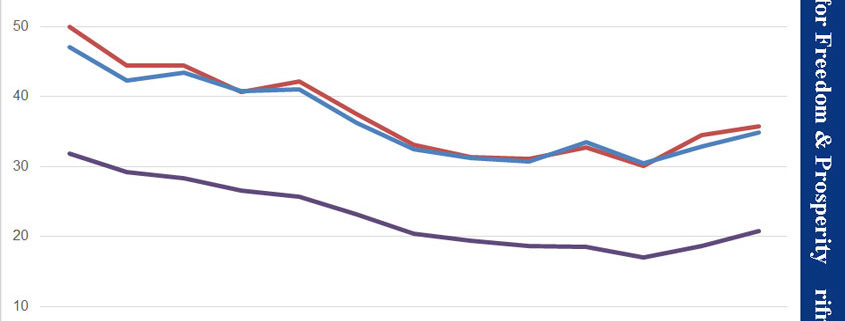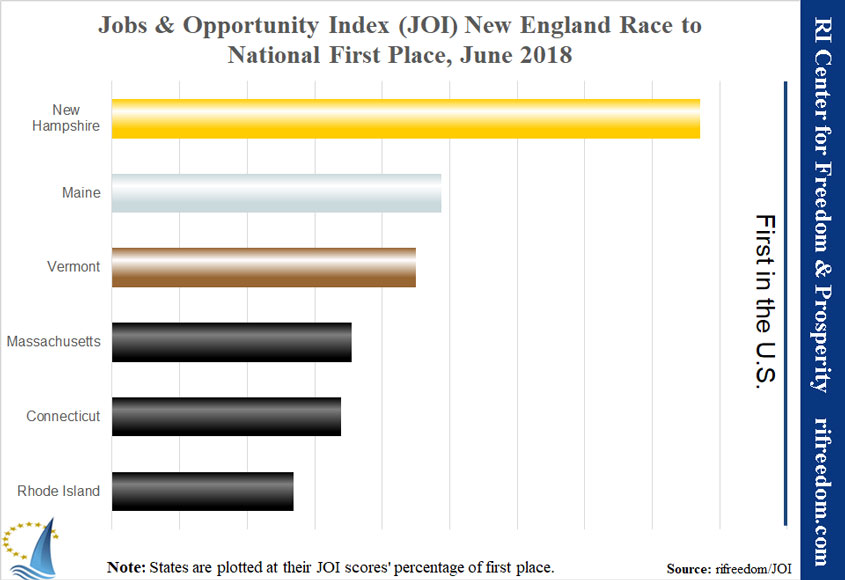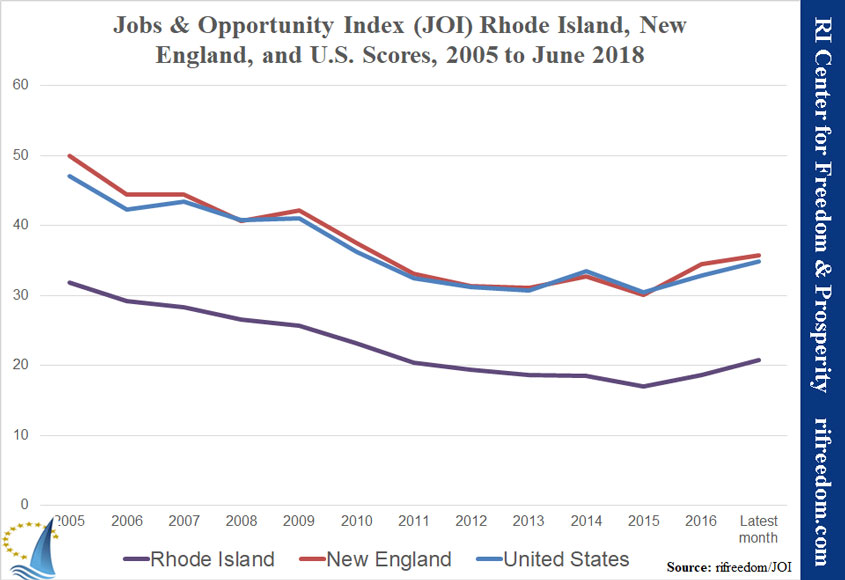Center Questions if SEIU and Raimondo Administration Colluded in Delaying Home Care Pay Raises
Legislative Home Care Pay Raises Delayed.
Purposely done to aid SEIU?
Is this another case of unions and government conspiring to keep workers in the dark?
Providence, RI – An SEIU postcard mailer obtained by the Rhode Island Center for Freedom & Prosperity, combined with the fact that legislatively scheduled raises have not been implemented, raises serious questions about whether or not the Raimondo administration and the Services Employees International Union conspired to assist SEIU in making a dishonest appeal to unionize these home care providers.
The postcard, which deceptively seeks to compel home care workers to contact SEIU if they haven’t received their promised pay raises, may be further evidence of government collusion with public sector unions to keep workers misinformed.
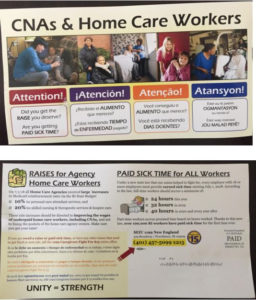
As highlighted by the Center in its recently launched MyPayMySayRI.com campaign, incomplete and often incorrect information from unions is routinely put forth not only to its own members, but apparently also to those they are recruiting.
Did the Raimondo administration purposely delay implementing the provider pay increase so that SEIU might have a larger opening to recruit them?
Critical aspects of this story were confirmed by Center this morning after reaching out to the RI Partnership for Home Care (RIPHC), the state association that oversees the dozens of private agencies that employ over 7,000 home care providers.
Here is the timeline:
- January – the Governor’s proposed budget does NOT include a pay raise for home care workers reimbursed by Medicaid funds
- February – House and Senate bills introduced, establishing a process to unionize home care workers under SEIU. Hearings later conducted, bills held for further study.
- Early June – House SubA budget (Article 13) includes 10%-20% reimbursement rate increase for home care providers
- Mid June – General Assembly passes and governor signs budget, including home care pay raises that are to be implemented by July 1, 2018.
- Late June – SEIU unionization bills suddenly re-appear and are quickly ushered through the General Assembly and signed by the governor
- Early July – Governor Raimondo issues a directive to shield state worker contact information, so they cannot be apprised of their rights by outside groups
- Mid July – RIPHC is informed by RI Department of Health and Human Resources that the legislated reimbursement increases would not take effect until at least October 1
- Early August – SEIU officially endorses Governor Raimondo for governor
- Late August – SEIU sends out thousands of postcard mailers, seeking to capitalize on the pay increase delay
The SEIU postcard deceptively makes it appear as if the home care agencies received the legislative reimbursement rate increases … but that that they were not passed on to the individual providers in the form of a pay increase. The RIPHC has promised its home care service providers that virtually all reimbursement increases would be passed on to them, however, the agencies have not yet received the scheduled increases.
Was this part of a grand, corrupt scheme? Further investigation is required.
“The idea that hard working Rhode Islanders would have their take home pay purposely held down so that the government can give an advantage to its SEIU special interest friends … is unconscionable,” exclaimed Mike Stenhouse, the Center’s CEO. “As I have noted before, turning over control of this industry to overly politicized and incompetent government bureaucrats is the wrong direction for our state. Why would we want to put government and unions in between patients and their home care providers?”
The Center also points out the incongruity of this “SEIUnionization” attempt and the direction that the nation is heading. After the U.S. Supreme Court decision in the landmark Janus case, which ended the unconstitutional practice of forced payments by public employees to unions, it is clear that America is moving towards more worker freedom and less governmental control over our lives. However, long-time union activists and their crony allies in the government want to move Rhode Island in the opposite direction, seeking to consolidate centralized-control and planning under political insiders and their special-interest allies.





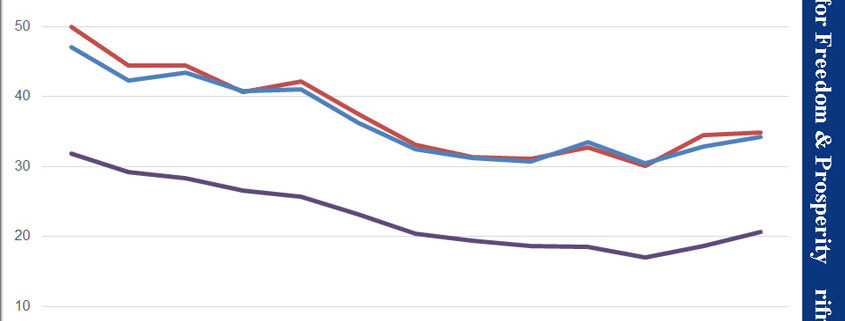


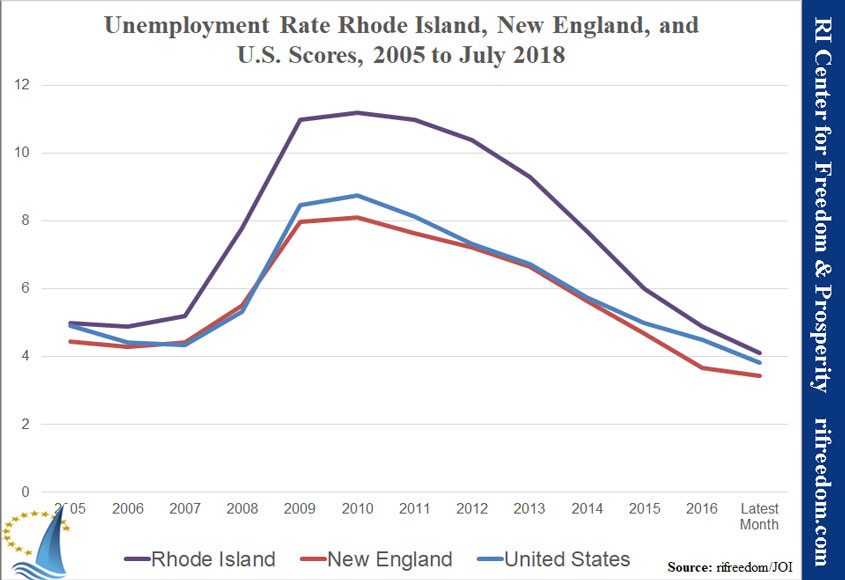


 Skoly, an oral and maxillofacial surgeon, is well known among many lawmakers for his research and testimony over the years on many legislative issues, especially pertaining to healthcare policy. Skoly joined the Center’s board in late 2017.
Skoly, an oral and maxillofacial surgeon, is well known among many lawmakers for his research and testimony over the years on many legislative issues, especially pertaining to healthcare policy. Skoly joined the Center’s board in late 2017.
 Your comment was submitted successfully!
Your comment was submitted successfully!

